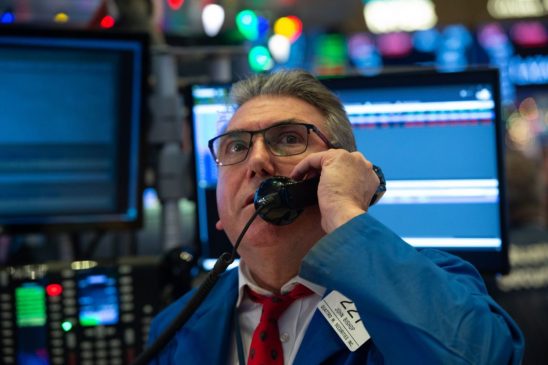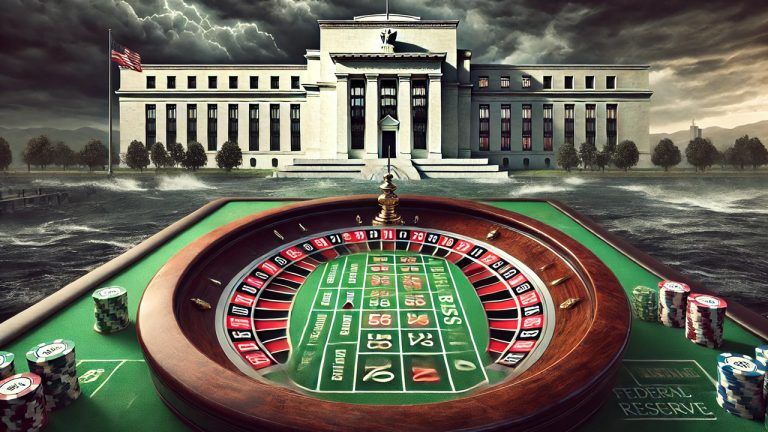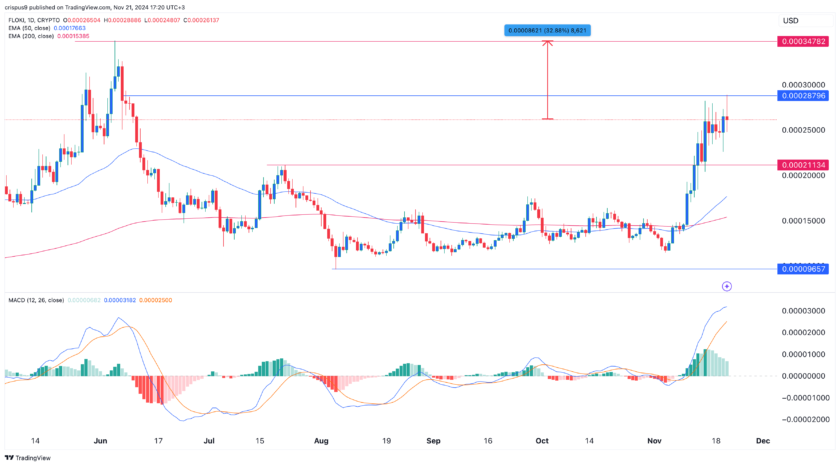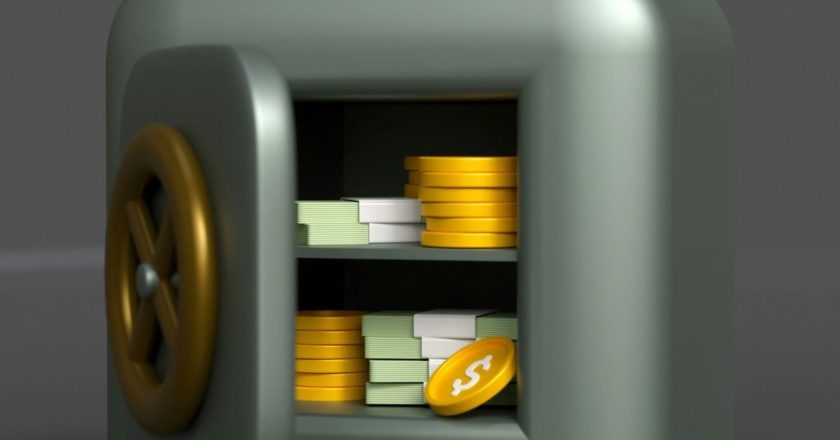- The Federal Reserve made a surprise emergency cut of 50 basis points to the federal funds rate on Tuesday in a desperate attempt to reduce the impact of coronavirus.
- Cutting rates won’t solve all problems; we don’t know how much the coronavirus will hurt the global economy.
- Stocks are overpriced. The Fed rate cut could inflate the bubble even more.
On Tuesday morning, the Federal Reserve cut the federal funds rate by half a percentage point to help protect the economy from the coronavirus impact.
When the economy is slowing, reducing the federal funds rate is a tool the central bank uses to stimulate financial activity. Consumers and businesses will spend and invest more, which in turn will boost stock prices.
The benchmark interest rate is now 1% to 1.25%. This is the first emergency rate cute since the financial crisis of 2008 and the biggest cut since then.
The rate cut follows a G7 meeting where the group committed to using policy tools at their disposal but took no specific measures to combat COVID-19.
Investors were surprised when the Fed lowered rates on Tuesday. U. S. stocks jumped following the announcement but started to plunge again about an hour later. Markets would rally again on Wednesday, with the Dow gaining almost 1,200 points.
Why Rate Cuts Can Be A Bad Thing
While this rate cut might seem like a positive thing at first, it’s not clear whether conventional policy tools can combat a disease like coronavirus. At the same time, the rate cut will likely inflate the stock market bubble as it encourages investors to buy more stocks, possibly leading it to pop.
Last week, markets plunged sharply, bringing them to more reasonable levels. But the surge in stocks we saw on Monday and Wednesday pumped up the bubble again, which will pop one day – the question is when.
Interest rates have stayed low for the past decade. For investors interested in income, lower rates mean they will make less money on their savings. Newly issued Treasury bills and bonds will also have lower rates. It’s tempting for investors to move their money into the stock market where they can find equities that pay high dividends.
The telecom and REIT sectors are particularly appealing as they usually have higher dividend yields than other sectors. So each time the Fed cuts rates, investors are buying more stocks, boosting their prices and thus inflating the bubble.
Lower rates also mean businesses can borrow at a cheaper cost, helping them to grow. This should be positive for their future earnings, driving their stock higher. So investors buy more of these stocks.
With all its cuts, the Fed has created a bubble. Despite warning signs like trade wars, international tensions, political chaos in the U. S. and weak economies in other parts of the world, the market ignored them and kept rising.
Nobel-Prize winning economist Robert Shiller has developed the Cyclically Adjusted Price-To-Earnings Ratio (CAPE ratio), or Shiller PE Ratio, to assess to what point the market is expensive. During Black Friday, the CAPE was about 30. This ratio reached almost 35 just before the market crashed last week.
The CAPE ratio is now around 30, about 70% higher than the historical mean of 17. So, the market is clearly overpriced.
Lower interest rates prompt consumers and businesses to increase not only their investments but also their spending, as they can borrow at a lower cost. Overspending has led to record U. S. household debt, now hitting $14 trillion. Reducing interest rates further could encourage consumers to take on more debt, which could become unsustainable at some point.
Coronavirus Impact Could Be Worse Than We Expect
The coronavirus is spreading fast, and we have no idea how much it will harm the global economy. Rate cuts won’t eliminate the virus and all the problems it’s causing.
If American companies can’t get products and supplies from other countries, and if they cannot sell their products worldwide due to restrictions imposed because of the virus, they will lose money.
Goldman Sachs predicts that the coronavirus could wipe out profit growth and that companies will not report any profit gains for the year.
Since the Fed is cutting rates now, it will have less room to cut rates later, at a point where lower borrowing costs could really help businesses grow.
Disclaimer: The opinions expressed in this article do not necessarily reflect the views of CCN.com.
This article was edited by Sam Bourgi.




